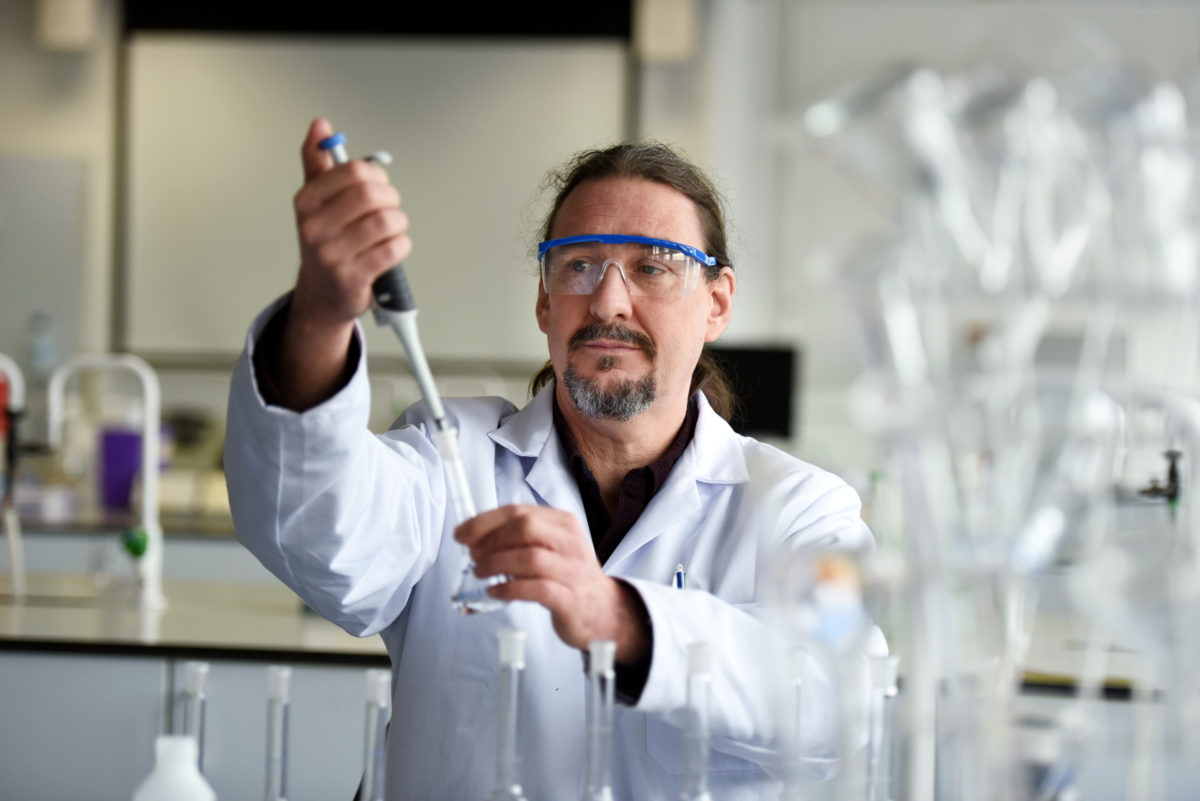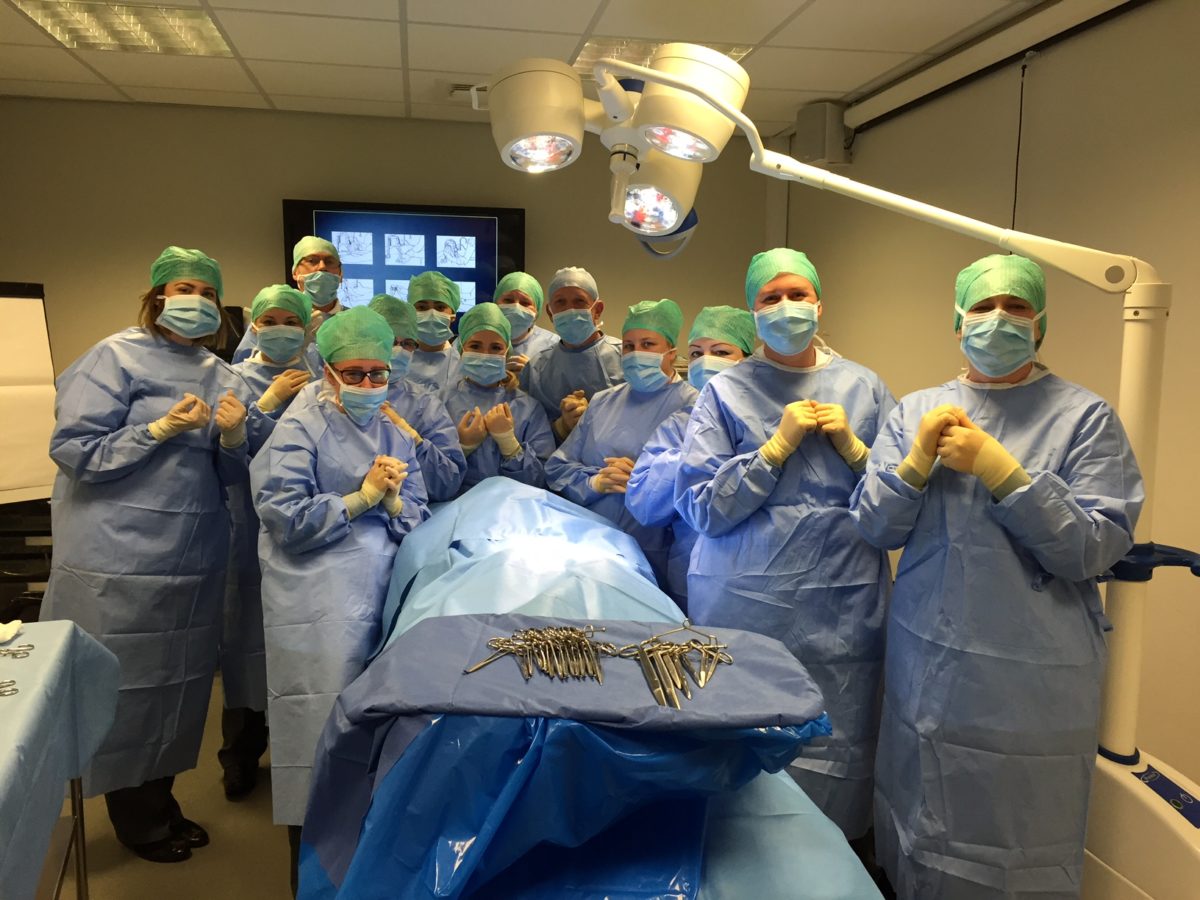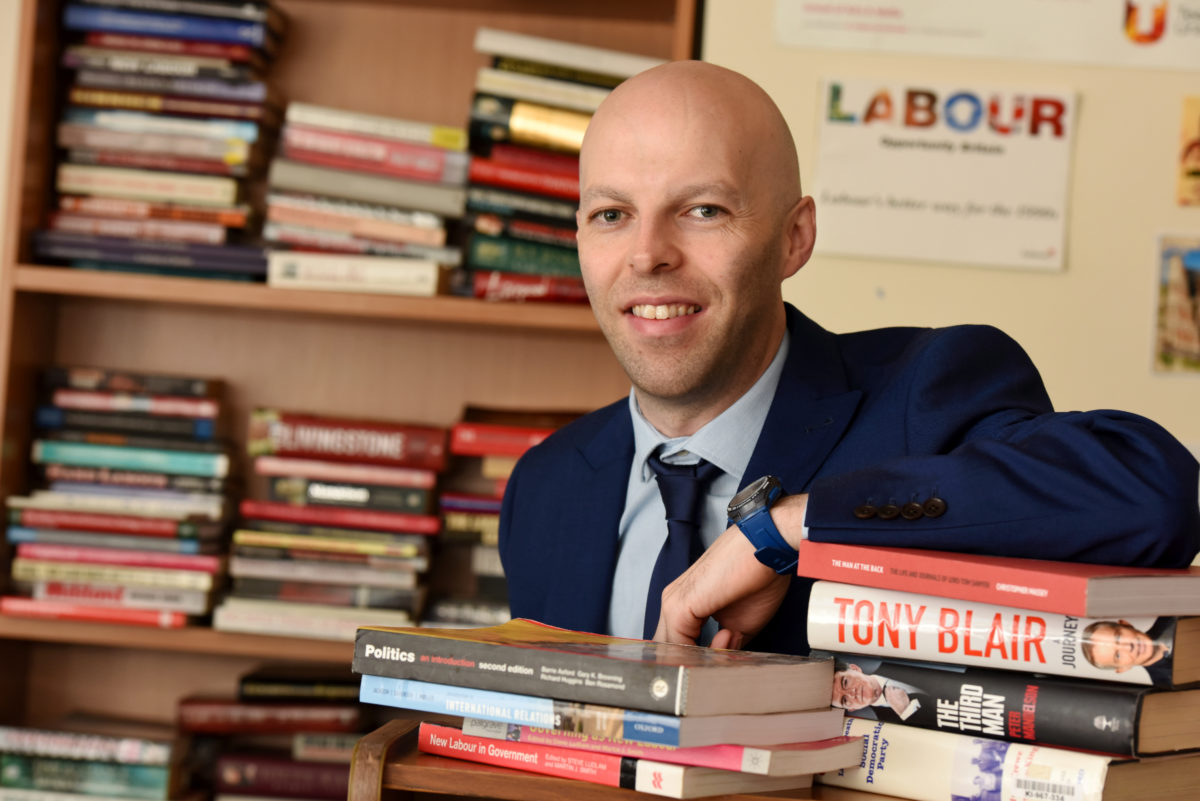Why study Chemistry?
Chemistry is often called the central science because it links the physical sciences to biology, the applied sciences and engineering. Studying chemistry gives you a fascinating, all-round science education that is applicable in a wide range of careers. It also lets you understand and engage in many of the important conversations and issues of today including the environment, energy, genetics, materials science and medicine.
I studied chemistry because, from early on at school, I have been fascinated by the interactions between materials and energy. I knew for a long time that I wanted to be a research scientist because the creation of new knowledge is really exciting. As my studies developed I began to understand just how big an impact the chemical sciences can have on society and on the environment. My work today is focussed on the role chemistry plays as we transition to an environmentally sustainable, prosperous economy.
Best part about your job?
Although I really enjoy scientific research, probably the best part of my job is educating the next generation of chemical scientists. I really love it when my students master difficult concepts and new horizons of the subject open up for them. Helping students to see the links between the different topics in science, to see how our scientific understanding is integrated, is a real joy. My favourite day of the year is Teesside University’s Graduation ceremony: students dress up in their academic robes and put on a real show so that their family and loved ones can celebrate their marvellous achievements.
What is a fun fact you know?
I’m always inspired by the fact that almost all of the material in the world around us, and in our own bodies, was once in the heart of an ancient and long-gone star. Most of the elements in the periodic table can only be made during the life and (often violently explosive) death of stars. As Carl Sagan famously wrote: “the cosmos is within us. We are made of star-stuff”!
Any advice to students?
My advice to students is always to study what you enjoy and what you are naturally good at, commit to your studies and read around your subject. You will spend several years at university and, very probably, will use your skills and knowledge for the rest of your career, so it is really important that you have an internal motivation for your studies. Often, this motivation comes from a love of your subject.
At Teesside, the science courses are all very practical. As well as learning in lectures and discussing concepts in seminars, you will spend many hours in labs. This will develop you as a scientist in many important ways, bringing your subject to life.
Studying at university is a fantastic period in a person’s life: challenging, enjoyable and highly rewarding.
By Chris Ennis.




